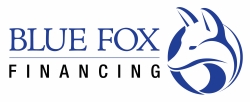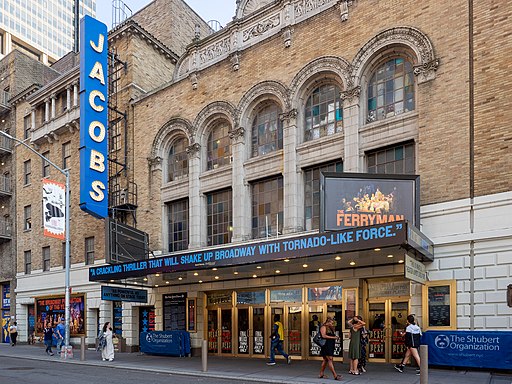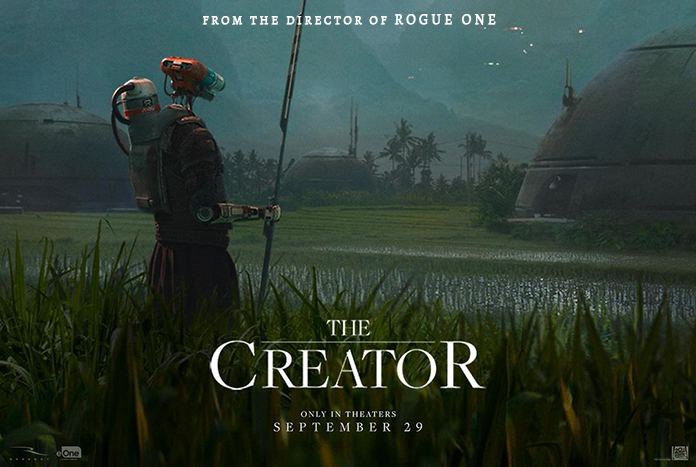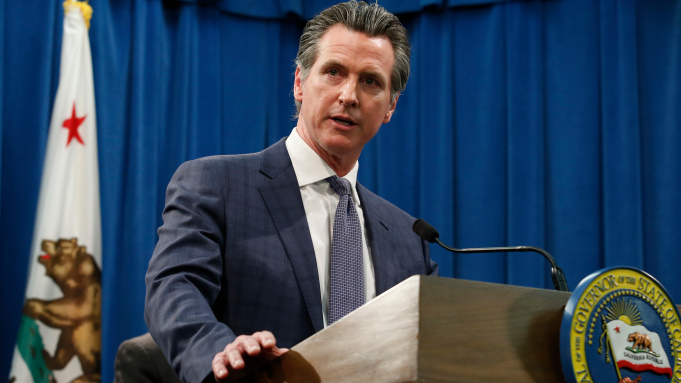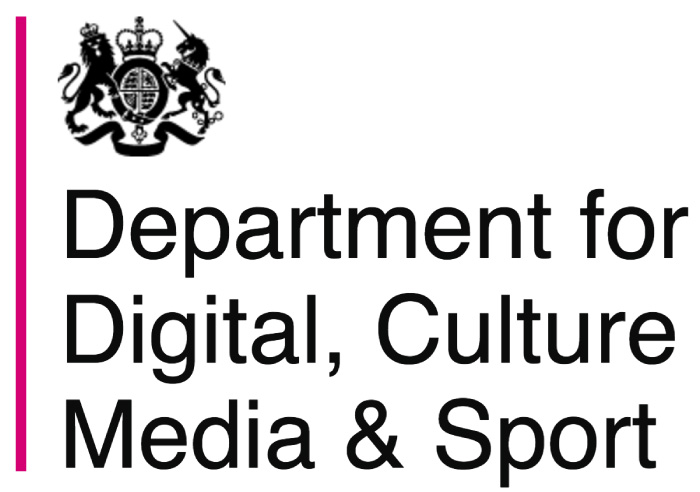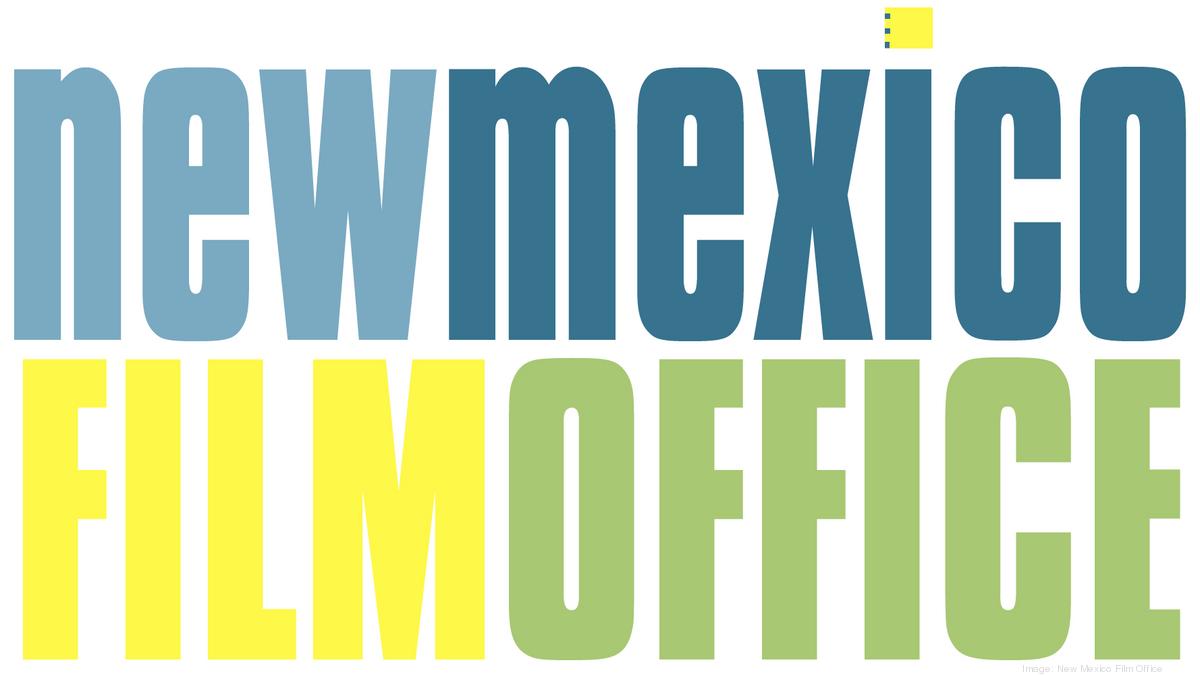Why many UK independent producers are fighting for survival in the new “wild west”
(screendaily.com)
It is the paradox at the heart of the UK film industry. Billions are being generated in inward investment, the sector appears to be in rude health, and yet smaller independent producers are struggling to stay in business.
Producers working in the lower-budget thresholds are in disconsolate mood. They simply cannot see how to run their companies profitably. Their producer fees are trifling and their share of the back end is ever diminishing. Even on relatively successful films, they might struggle to achieve any meaningful profits. “We end up seeing 40% or less of any receipts the films get,” says one, preferring to remain anonymous. “Bigger budget films have embedded distribution, sales, legals. For the ones under that, it is the wild west.”
While it is a familiar refrain, many indie producers believe they are not being treated equitably by their sales agent and distributor partners. They claim they rarely get to peruse distribution contracts or royalty reports and have little idea how their films are performing. Where transparency is lacking, they become suspicious about the levels of expenses and fees charged by their partners, especially in a period when markets and festivals have had to move online because of the pandemic.
These producers cannot afford expensive legal advice or to audit companies they suspect of withholding or delaying payments. They already have to pay a fee to set up a collection account management agreement (CAMA). “Independent producers are being squeezed on all sides,” says Paula Vaccaro, founder of production company Pinball London. “There are many problems that have piled up and producers have been taking a big part of the burden for a long time.” For small films, Vaccaro adds, “cinema as a sole revenue stream is not a viable business.” The only way to survive these days, she suggests, is also to do TV where the terms of trade and receipts are clearer.
Of course, it is not just indie producers who are suffering. There are plenty of independent distributors, sales agents and exhibitors in a similar plight in the wake of the pandemic. “I think it’s fair to say the whole industry is reeling,” says Charlie Bloye, chief executive of Film Export UK. “There is a temptation for producers to shoot the messenger.”
However, others believe the situation for indie producers is reaching a nadir that has not been seen in more than 20 years. Chris Patterson of Belfast-based Causeway Pictures has a cautionary tale about his exorcism documentary Hostage To The Devil (2016), which was licensed to a major streaming company. A collection account had been set up by Freeway and that was where the money from the deal was supposed to go. “What happened was that the sales agent usurped the contract and had [the streamer] send them the money directly,” Patterson claims.
He believes the sales agent was breaking the terms of its contract with the producers. Patterson suspects it thought Causeway was too small to do anything about it. “We’re not a big production company,” he says. “They know we don’t have an endless pot of money to take them to court. They know the most we can do is moan at them.”
When the sales agent went bankrupt, Causeway and other partners were owed more than $200,000. In this instance, the streaming giant emerges with credit. It paid its final instalment again, this time putting the money into the collection account from where it could be disbursed to the right partners.
By: Geoffrey Macnab
Continue Reading at screendaily.com
